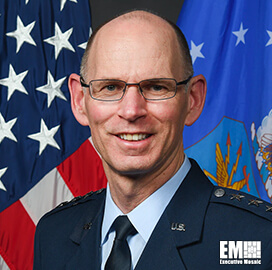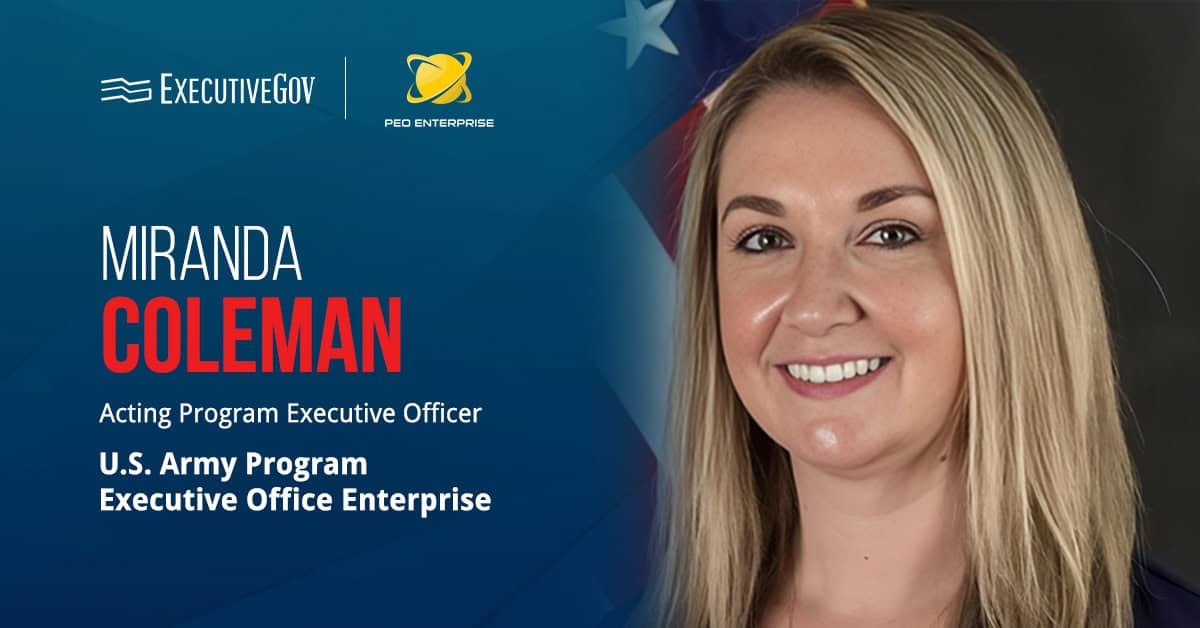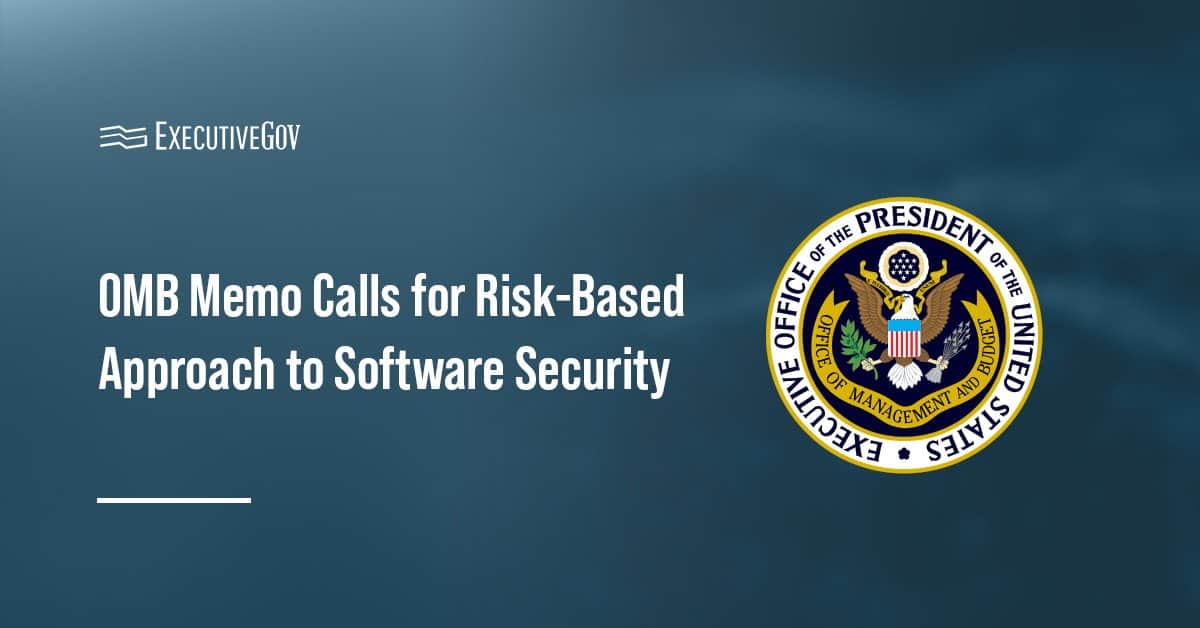Lt. Gen. Duke Z. Richardson, military deputy at the Office of the Assistant Secretary of the Air Force for Acquisition, Technology and Logistics, has been appointed to lead Air Force Materiel Command.
Richardson will also receive a promotion to general and be assigned at Wright Patterson Air Force Base to command AFMC, the Department of Defense said Wednesday.
He oversees research, development, testing and modernization activities valued at over $60 billion yearly in his current role. The U.S. Air Force officer joined the service in 1983 to serve as an avionics technician and later on underwent officer training.
His military career includes materiel-related assignments for the Air Force Research Laboratory, the Air Force Life Cycle Management Center and U.S. Special Operations Command.





